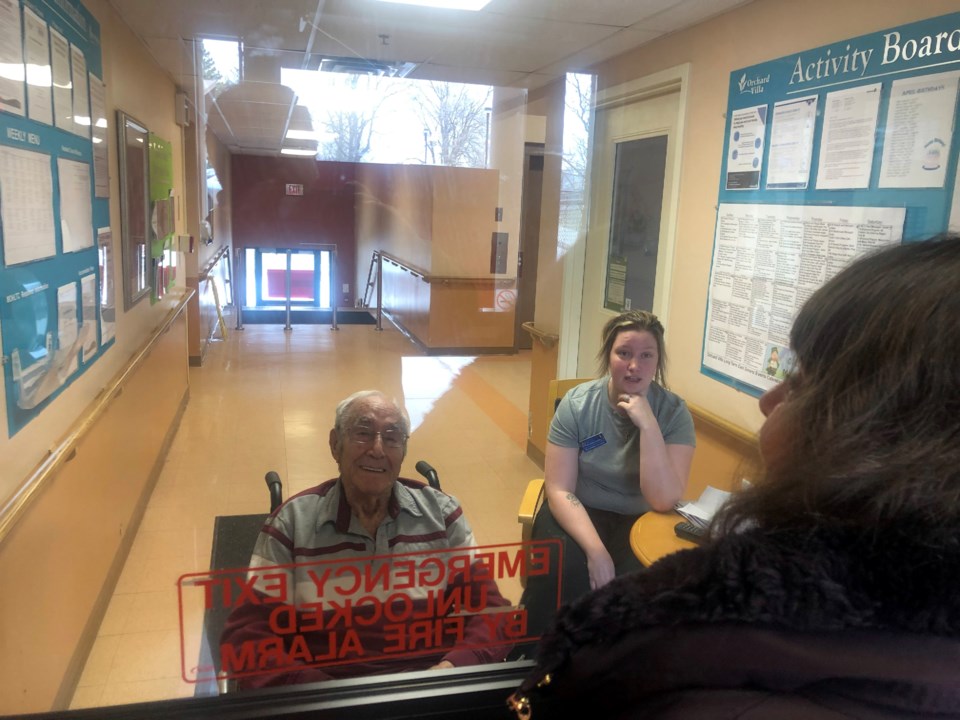For some of us, this pandemic period of time has meant relatively little inconvenience. Financially it’s a blow, but beyond needing a haircut or enduring long lines at the grocery store, I’m fine. But that changed last week when the father of a friend here in Guelph died. He was 93 years old, living in a long-term care home east of Toronto.
Some day, we’ll all know somebody who was infected or who died of COVID-19. It’s the saddest boast of all.
Linda lost her mom in 1980. So she was close to her dad — they spoke every day for the last 25 years. We all expect to lose our parents eventually, but not in just a few days from something preventable. That is the case for thousands of people around the world. In our area of Wellington-Dufferin-Guelph we’ve had 13 care homes and hospitals affected. Almost all the deaths locally were are in seniors’ and long-term care homes.
Linda was given three hours to remove her father’s body. When did the elderly become so expendable?
Except for our own children, we are probably most emotionally invested in our parents. Any reasonable person understands that they cared for us — and now we care for them. Their death in this way brings mixed emotions of grief and anger.
Families are not only losing their heritage, but countries are losing their national history. It’s a tragedy. Meanwhile, deniers and their mariachi band friends continue to diminish the seriousness of this virus, comparing it to the flu or telling us it’s a hoax. I never quite understand their point — this hoax is killing people. They have the logic of a snow cone. Read the room. People are dying.
Those dying from COVID-19 don’t have the luxury of hugs in their last days—something that is free but priceless. And, they feel no touch from cherished hand-holding with loved ones. The sick speak with staff who wear plastic and masks as though they are headed on a moon walk.
If they were lucky the sick got a smile through a window from their spouse, daughter, son or friend. Human touch is not just a luxury for those who are sick, but from the beginning of time it has provided comfort to those left behind. We are robbed of those last few moments that carry us after our loved ones are gone.
Funerals and memorials these days, if such an indulgence exists, are sanitized affairs. They are a combination of virtual and very real. Like a drone operator sitting in an air-conditioned tent bombing cities while sucking on a diet Coke. Is this happening in real time or is it some kind of scary movie?
At some point to prevent this from happening again, it probably matters to ask how this happened—maybe even ask who is responsible. There are consequences all along. How it started is one thing. But how did it spread? Who responded when? Who didn’t ensure that we had enough medical equipment? And finally, what happened in our long-term care homes? Somewhere along that road you may not like the answers if you supported health-care cuts.
But today we grieve.
Later there will be truckloads of reports written on “lessons learned.” The real question is whether we get to lessons applied. But that is for another day.
To my friend Linda and all those who have lost parents, friends or children to this callous disease, we don’t have much to say except we are sorry.
It’s not much. I pray it keeps you buoyant in a time when you are sinking in an ocean of emotions. I don’t have a lot of answers. All I can offer is faith that you’ll all get through it and hope for better times when the world does not revolve around all of this.
